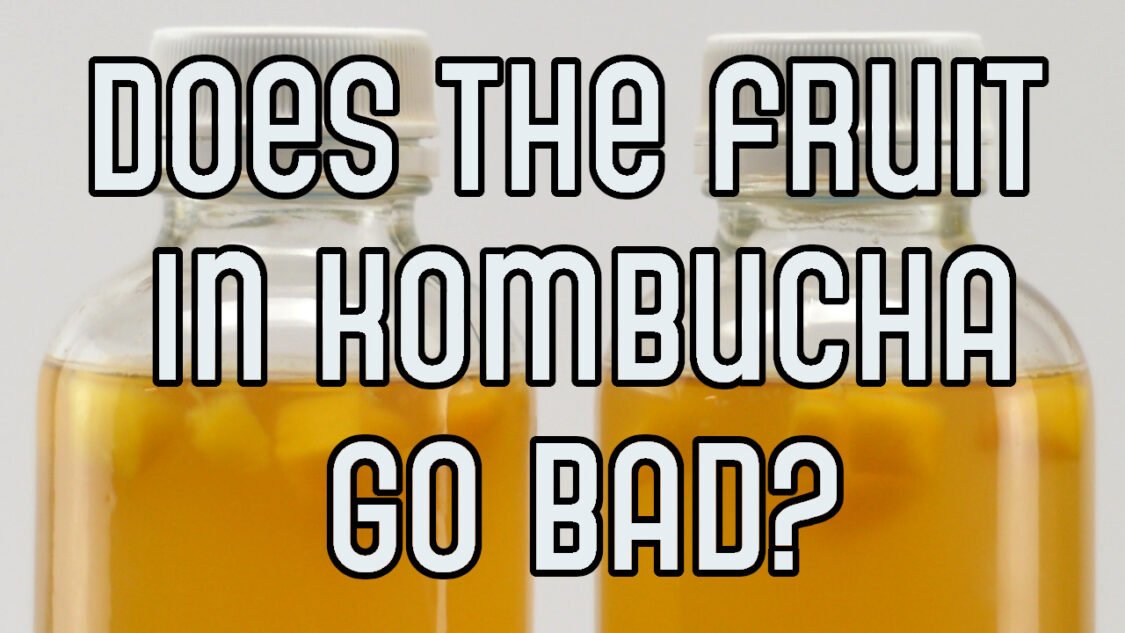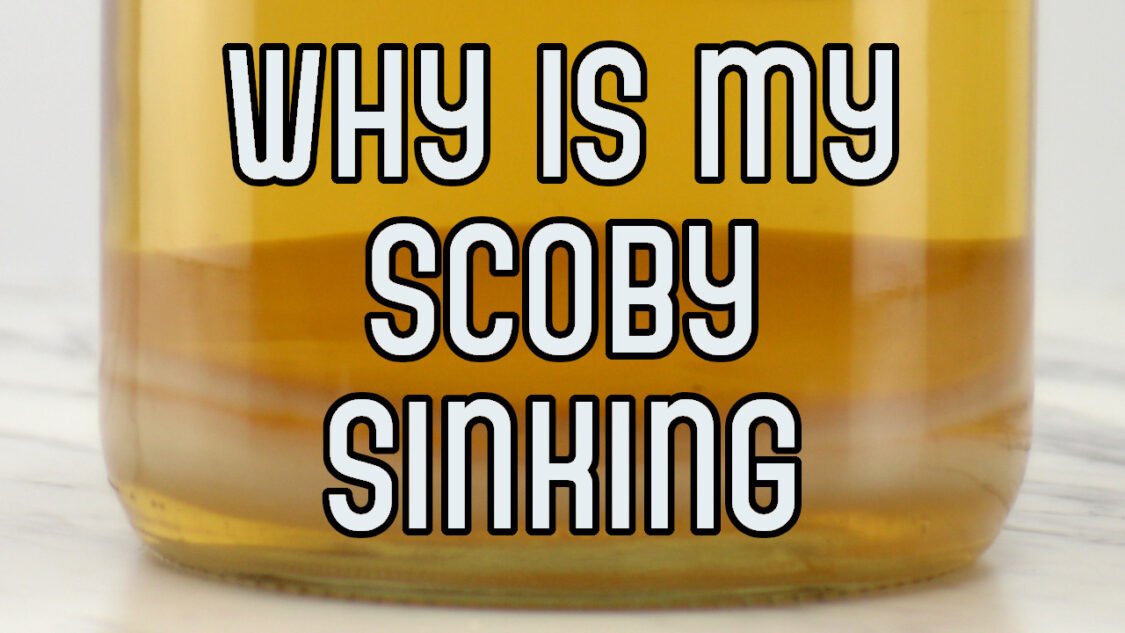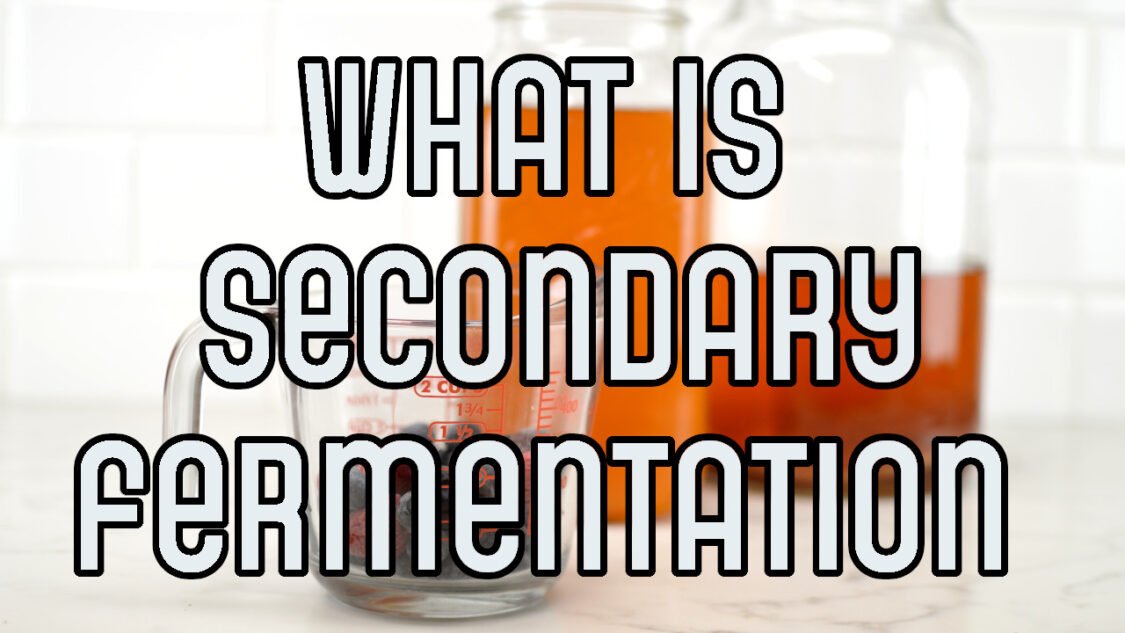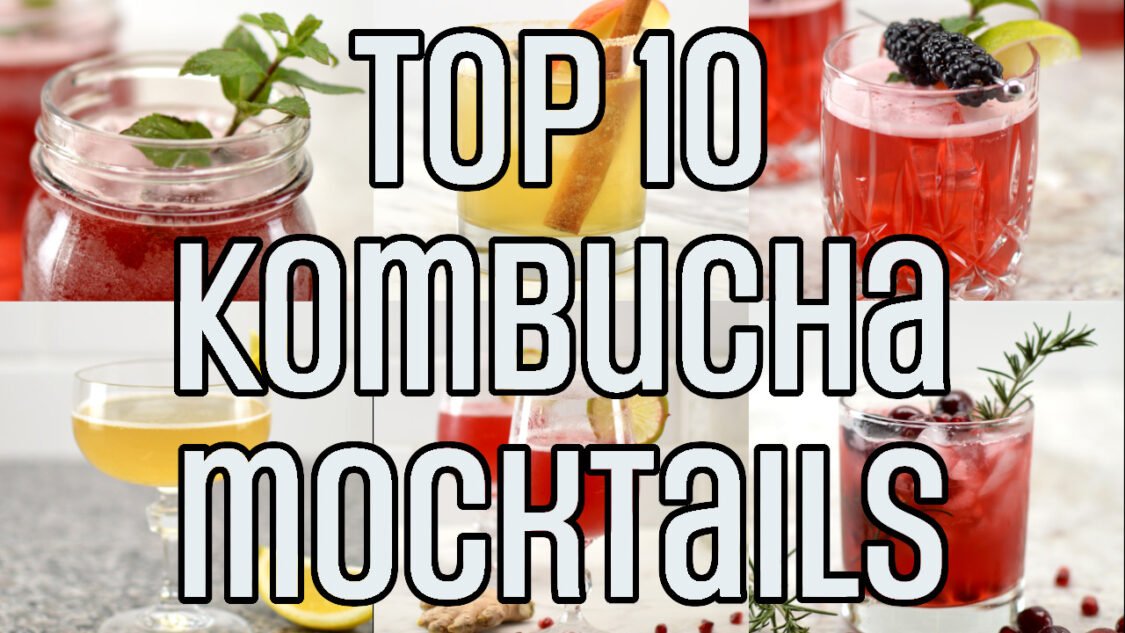The Best Tea for Making Kombucha
What is the best tea for making kombucha at home? Are there any teas that should be avoided? This post outlines the differences among teas and highlight the best and ones to avoid.
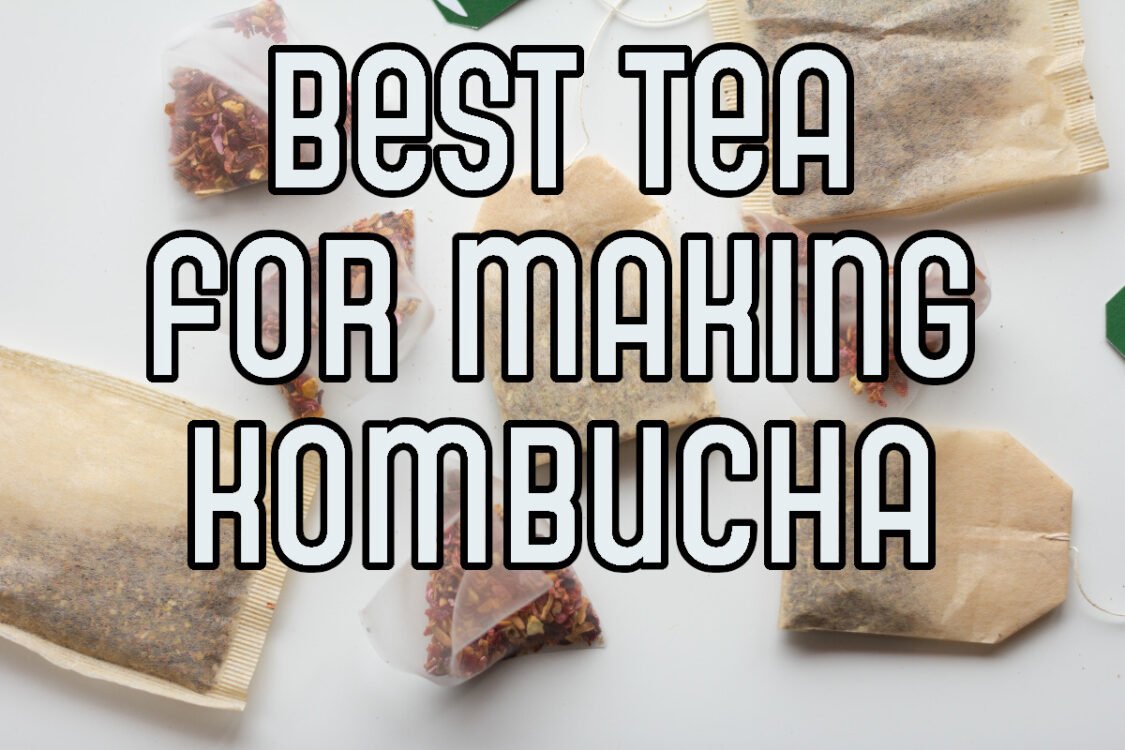
Kombucha is made from four primary ingredients: tea, water, sugar and kombucha from your last batch (aka starter tea or starter kombucha). In order to ensure a high quality kombucha and ensure the health of your SCOBY, it’s essential to use the the right ingredients of the highest quality when starting your fermentation.
After you’ve confirmed that the tap water in your area is good for kombucha and you have researched and chose the right sugar, let’s make sure you’ve selected a tea that will ensure a great kombucha fermentation and that your SCOBY will love!
What is Tea?
After water, tea is the most consumed drink in the world. Tea is typically made by poring hot or boiling water over dried plant leaves or flowers. There are hundreds if not thousands of different types of tea; some have cooling, slightly bitter, and astringent flavors, and others can include include sweet, nutty, floral, or grassy notes.
Most teas are made from the leaves of Camellia sinensis, an evergreen shrub native to China, India and other East Asian countries. Black, green, white, and oolong teas are all made from the leaves of Camellia sinensis and the differences result from when they are harvested and how they are processed after harvesting.
Black tea is the most common tea in the US and many other countries which is fortunate since it also the best tea for your kombucha SCOBY. Sugar in unfermented kombucha provides energy for the yeast to eat and the nutrients and minerals found in tea leaves (like nitrogen, caffeine, and theanine) are needed for the bacteria and yeast need to remain healthy (check this out for an in-depth look at how a SCOBY works).
Choosing the right variety of tea when starting your kombucha will ensure a healthy SCOBY that is capable of producing great kombucha for many years..
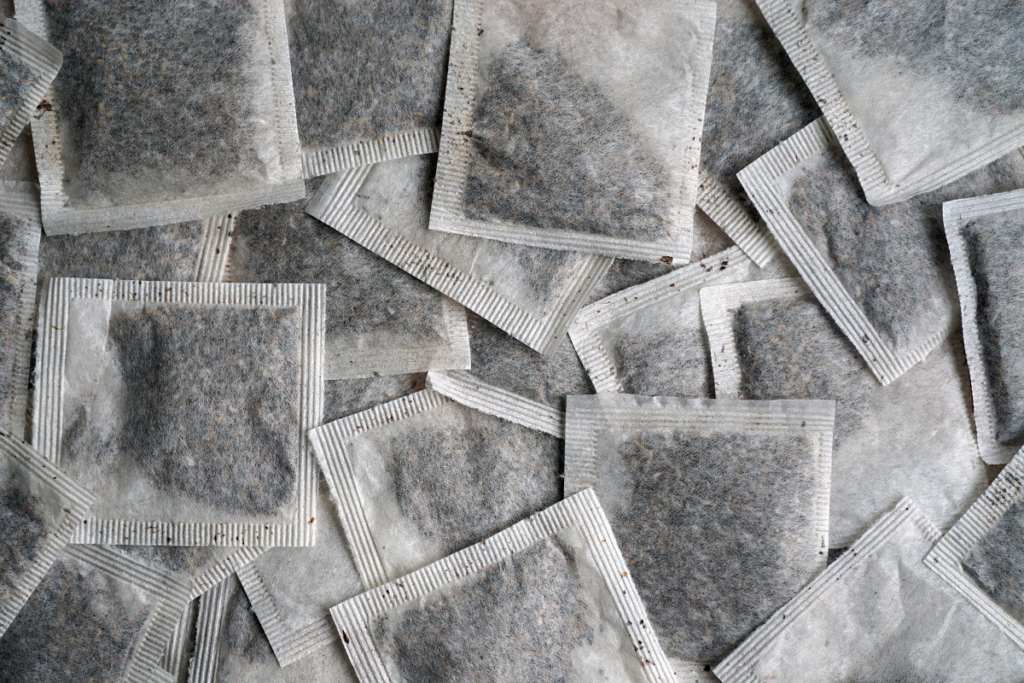
Best Tea for Making Kombucha
For the best results, use pure black, green, white, or oolong tea for brewing kombucha. You’ll get the cleanest flavor and the kombucha will get the most benefit from the nutrients in the tea.
Black Tea: Tea leaves that have been oxidized for a long time (longer than green or oolong teas), creating a strong flavor. Common types of black tea that work well in kombucha include Ceylon and English Breakfast (avoid Earl Grey and Chai, see “tea to avoid” below).
Not only is black tea the SCOBY’s favorite, it’s typically cheap and easy to find which makes it the best tea for brewing kombucha. When growing a new SCOBY, only use black tea. Once your SCOBY has been through 4 or 5 batches, you can begin introducing other teas.
Green Tea: Tea leaves that have been minimally oxidized, creating a mild earthy flavor. Use green tea in combination with another tea or on its own. Here is an article about varieties of green teas and how to make green tea kombucha.
Oolong Tea: Tea leaves that have been partially oxidized (more than green tea but less than black tea), creating a mild grassy to fruity flavor. Use oolong tea in combination with another tea or on its own. I’ve had good success with this Oolong tea.
Some Herbal Teas: “Herbal tea” is a catch-all term that typically describes any tea not made from tea plant leaves. Herbal teas can be made from any combination of herbs, spices, or other plant material (e.g. flowers, seeds). Most herbal teas are not ideal for kombucha fermentation; however, there are a some that can be used when combined with another tea:
Rooibos Tea: Rooibos, which means “red bush”, is made from the leaves of a broom-like member of South African shrub. The tea has an earthy flavor, similar to yerba mate or tobacco. Rooibos tea is best used for kombucha in combination with at least 25% black tea.
Hibiscus Tea: Hibiscus tea is made from the deep magenta-colored flowers of the hibiscus plant. It has a tart cranberry like flavor and is a great choice for kombucha on it’s own or in combination with another tea.
Butterfly Pea Flowers: Often called blue tea it is made from dried flowers of the butterfly pea plant. When used in Kombucha, this bright blue (purple under lower pH conditions) yields a floral, slightly earthy flavor. Butterfly pea flower can be used on it own or in combination with another tea.
Green versus Black Tea for Kombucha
Since green and black tea are the most popular teas used to make kombucha, I have put together an in-depth article on these teas, their health benefits and how to use and switch between them when making kombucha. Check it out: green versus black tea.
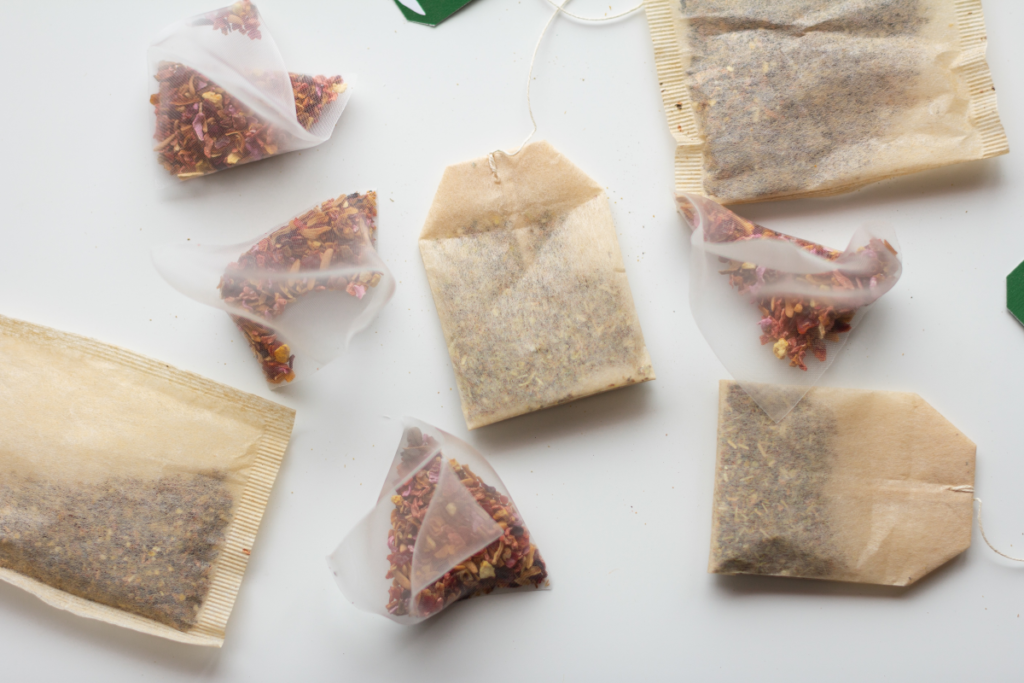
Teas to Avoid
Now you are familiar with the best tea for making kombucha but which teas should be avoided?
Teas with added flavor: Many teas contain spices, oils or flavors in addition to y tea leaves. It’s best to avoid any teas such as these since, in addition to imparting flavor to your current (and subsequent batches) they can inhibit the effectiveness of the SCOBY and cause your fermentation to go bad. Two of the most common teas with added ingredients include:
- Earl Grey: Avoid this black tea variety, which has added bergamot oil.
- Chai: Avoid this black tea variety, which has added spices.
Herbal Teas: Most herbal teas are not suitable for brewing kombucha on their own. They they don’t have the minerals and nutrients necessary to maintain the health of your SCOBY and ensure strong primary fermentations.
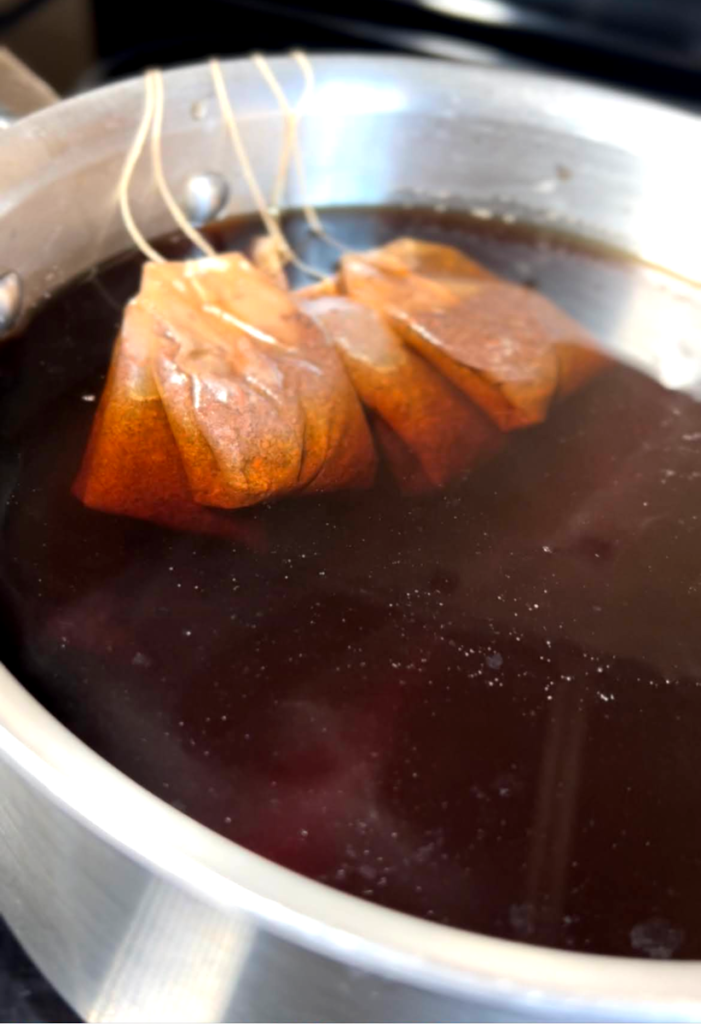
Loose Leaf Tea for Kombucha
If tea bags are not your thing, loose leaf tea is a great option for making kombucha. Replace every 4 bags of tea used in the kombucha recipe with 1.5 Tablespoons of loose leaf tea (10 g). A one-gallon batch requires about 20 grams of loose leaf tea.
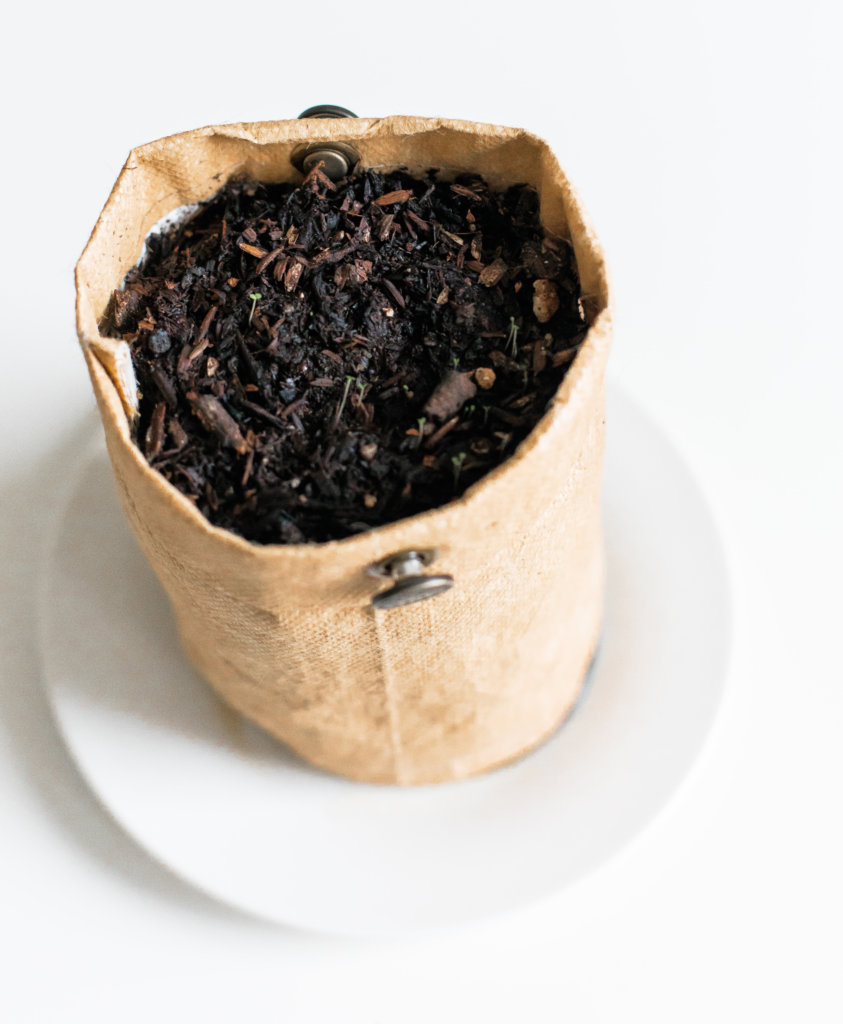
CaFfeine and Kombucha
Since caffeine is a naturally occurring compound in tea, there will be caffiene in the fermenting kombucha and also in your finished kombucha.
Check out my article how much caffeine in kombucha and methods to reduce it if you are trying to limit your caffeine intake.
Where to buy Tea for Kombucha
A supplier of organic teas used by several craft kombucha makers is Teatulia. They are a Denver-based, Bangladeshi-grown organic tea company working to create a regenerative and self-sustaining community.
Check out their online shop at https://www.teatulia.com/shop-hot-teas/
Helping you learn to brew kombucha, find inspiration for new kombucha flavors and use kombucha to make kombucha mocktails

